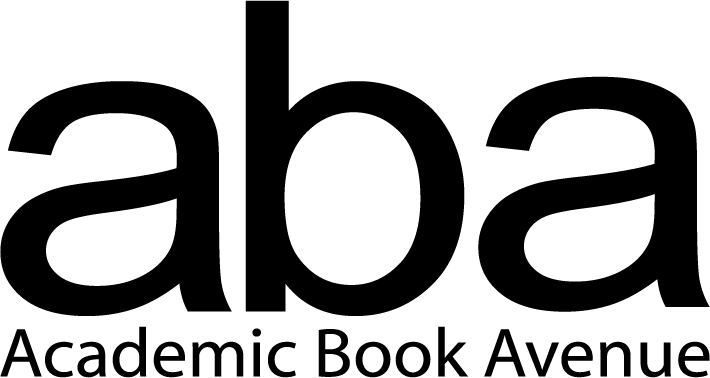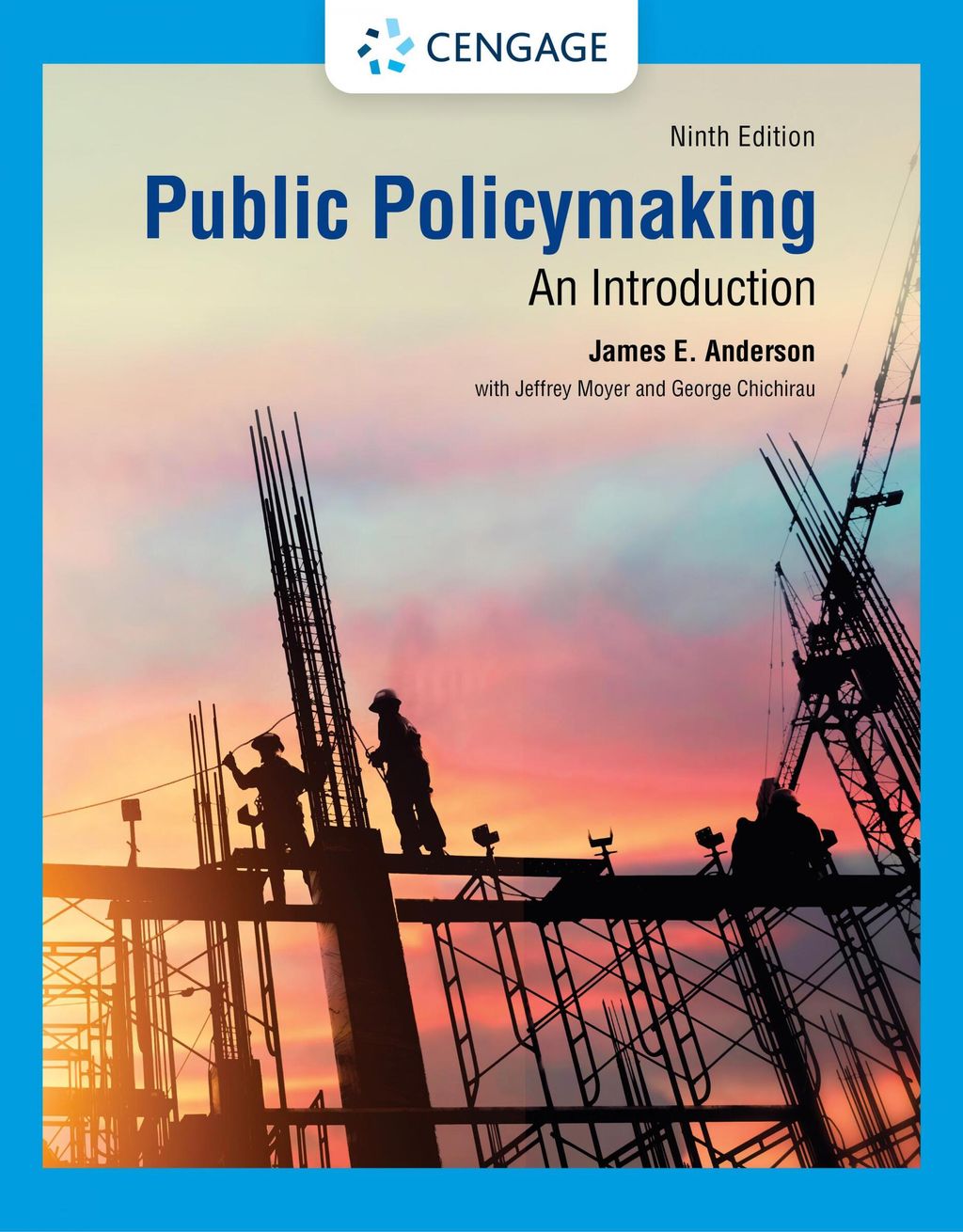E-BOOK Public Policymaking 9th Edition
- Regular price
- RM 65.00
- Sale price
- RM 65.00
- Regular price
-
RM 65.00
Share
This is for Malaysia customer only.
Author(s) James Anderson
Publisher Cengage Learning
A longtime student favorite, Anderson/Moyer/Chichirau's bestselling PUBLIC POLICYMAKING explains public policy fundamentals by emphasizing the process behind the creation of legislation. As you examine each individual step of the policymaking process -- from policy formation and budgeting to implementation and impact -- you will gain a thorough understanding of how different factors influence public policy creation. In addition, each chapter features at least one case study that illustrates how general ideas are applied to specific policy issues. Reflecting the latest research and developments from the field, the new Ninth Edition provides current coverage of the 2020 election, the COVID-19 pandemic and more. The text is packed with examples and its student-friendly format helps you easily see how chapter concepts relate to your everyday life.
Cover Page
Title Page
Copyright Page
Preface
Acknowledgments
1. The Study of Public Policy
The Plan of This Book
What Is Public Policy?
Categories of Public Policies
Constituent, Distributive, Regulatory, Self-Regulatory, and Redistributive Policies
Material and Symbolic Policies
Policies Involving Public Goods or Private Goods
Approaches to Policy Study
Political Systems Theory
Group Theory
Elite Theory
Institutionalism
Rational-Choice Theory
Informing Your Own Approach
Methodological Difficulties in Studying Public Policy
Chapter Review
For Further Exploration
Suggested Readings
2. The Policy Makers and Their Environment
The Policy Environment
Political Culture
Socioeconomic Conditions
The Role of Social and Technological Change
The Official Policy Makers
Legislatures
The Executive
Administrative Agencies
The Courts
Nongovernmental Participants
Interest Groups
Political Parties
Research Organizations
Communications Media
The Individual Citizen
Levels of Politics
Micropolitics
Subsystem Politics
Macropolitics
Chapter Review
For Further Exploration
Suggested Readings
3. Policy Formation: Problems, Agendas, and Formulation
Policy Problems
The Policy Agenda
The Agenda-Setting Process
Agenda Denial
Nondecisions
The Loss of Agenda Status
Two Cases in Agenda Setting
The Formulation of Policy Proposals
Who Is Involved?
Governmental Agencies
Policy Formulation as a Technical Process
A Concluding Comment
Chapter Review
For Further Exploration
Suggested Readings
4. Policy Adoption
Theories of Decision Making
The Rational-Comprehensive Theory
The Incremental Theory
Mixed Scanning
Decision Criteria
Values
Organizational Values
Political-Party Affiliation
Constituency Interests
Public Opinion
Deference
Decision Rules
Science
The Public Interest
Styles of Decision making
Bargaining
Persuasion
Command
Majority Building in Congress
Presidential Decision Making
Chapter Review
For Further Exploration
Suggested Readings
5. Budgeting and Public Policy
The Budget and Public Policy
Fiscal Policy
The National Budgetary Process
Executive Preparation
Congressional Authorization
Budget Execution
Chapter Review
For Further Exploration
Test Your Knowledge
Suggested Readings
6. Policy Implementation
Federalism and Implementation
Who Implements Policy?
The President
The Legislature
The Courts
Pressure Groups
Community Organizations
Concluding Comment
Administrative Organization
Administrative Politics
The “Basic Rules of the Game”
Administrative Policy Making
Decision Making
Patterns of Policy Making
Techniques of Control
Noncoercive Forms of Action
Inspection
Licensing
Loans, Subsidies, and Benefits
Contracts
General Expenditures
Market and Proprietary Operations
Taxation
Tax Expenditures
Directive Power
Services
Informal Procedures
Voluntary Regulation
Sanctions
Concluding Comments
A Controversy: Standards or Incentives?
Compliance
Causes of Compliance
Causes of Noncompliance
Administration and Compliance
Chapter Review
For Further Exploration
Suggested Readings
7. Policy Impact, Evaluation, and Change
Policy Impact
Policy Evaluation
Policy Evaluation Processes
Congressional Oversight
Government Accountability Office
Presidential Commissions
Administrative Agencies
Problems in Policy Evaluation
Uncertainty Over Policy Goals
Difficulty in Determining Causality
Diffuse Policy Impacts
Difficulties in Data Acquisition
Official Resistance
A Limited Time Perspective
Evaluation Lacks Influence
Policy Evaluation: The Use and Misuse of Cost–Benefit Analysis
Policy Termination
Chapter Review
For Further Exploration
Suggested Readings
8. Reflections and Observations





